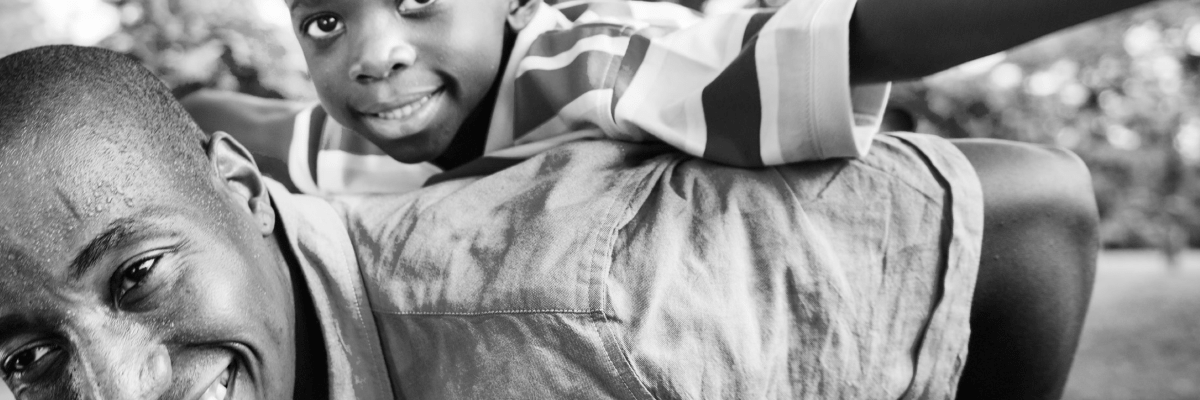This toolkit is for anyone who is part of the social care workforce who wants to deliver best practice to African Diaspora children and families. We have made this resource because workers have told us that they need knowledge and practice ideas to support them in their work. It might be that you are reading this in order to develop your practice, in advance of working with a family. Or, perhaps you have begun the journey with a family and are looking for support. Whatever point you are at, the information and tools in this resource are tailored to the needs of social workers; but there are valuable insights for anyone involved in the support and care of children and young people from African Diaspora backgrounds, or other minoritised groups.
We know from the evidence that children and families of the African Diaspora can encounter racism, prejudice, stereotypes, and cultural misunderstandings (Bernard 2016). These experiences can manifest at individual, institutional, or societal levels and may occur either consciously or unconsciously (NSPCC 2022). We also know that these biases can lead to poor outcomes. Some children becoming more likely to attract the attention of child protection services, while others receive insufficient support (Owen et al. 2009).
This toolkit explores obstacles faced by African Diaspora families and the workforce, shedding light on potential solutions. Some of the tools are for practitioners to use on their own, or with colleagues. Others can support conversations and relationship building with children, young people and their families.
This resource is rooted in the understanding that social work practitioners are expert in their ability to implement child protection processes, and does not replace or advise child protection guidance and best practise. Your professional practise, alongside Child Protection guidance and best practise, will inform your approach.
Practitioners have told us that they are hopeful for the future and can see ways to improve outcomes for African Diaspora families (Zimunya et al 2023). Families have told us that they would welcome more support, understanding and guidance (Zimunya et al 2023). We hope that this resource supports you in your practise; and empowers you to have the conversations with families, that result in the best support for them.
Using the toolkit
You as a practitioner are the expert in enacting child protection policies and processes. This toolkit is not an approach to child protection, but is instead designed to be a practical resource in your navigation of working with children and families of the African Diaspora.
The resources are split into four categories, broadly following a journey of working with a family. In each category you will find some background information alongside some tools that you can use.
“Really, my hope for the toolkit is that it will be useable. It’s not one of those things that sits in a cupboard collecting dust. It is practical. If I could directly speak to social workers I would ask them to stay open minded. It’s not just about ticking a training box... pick up the toolkit and use it. I have seen social workers thinking outside of the box and I have seen this have positive outcomes for the families we support.” Helene

